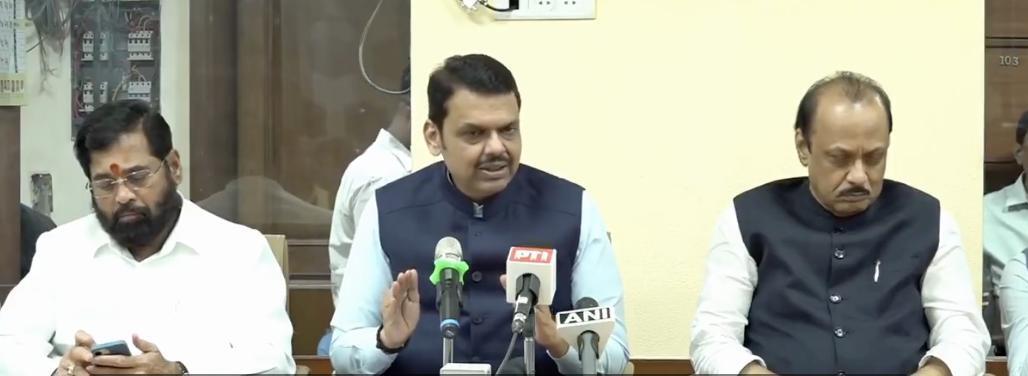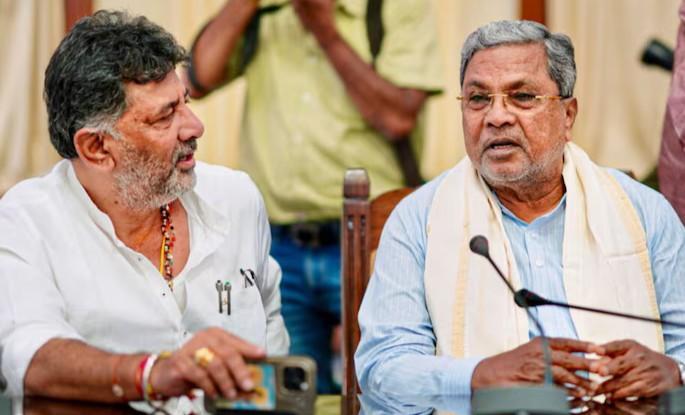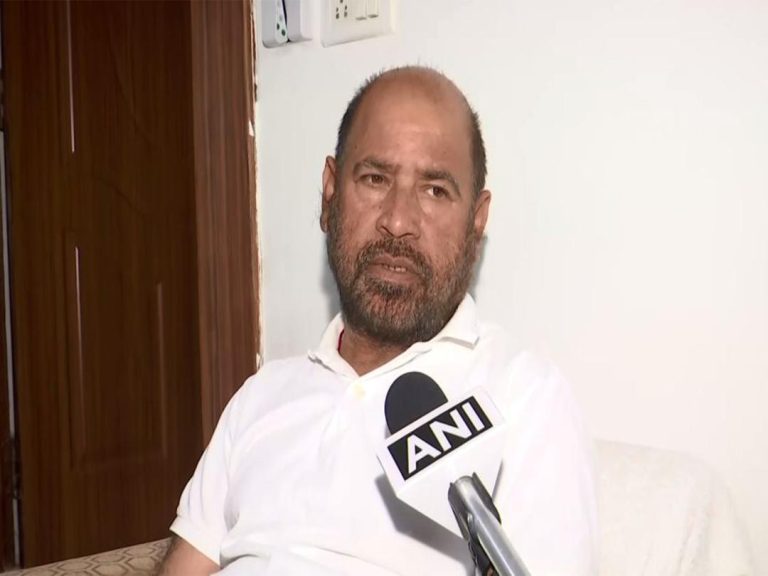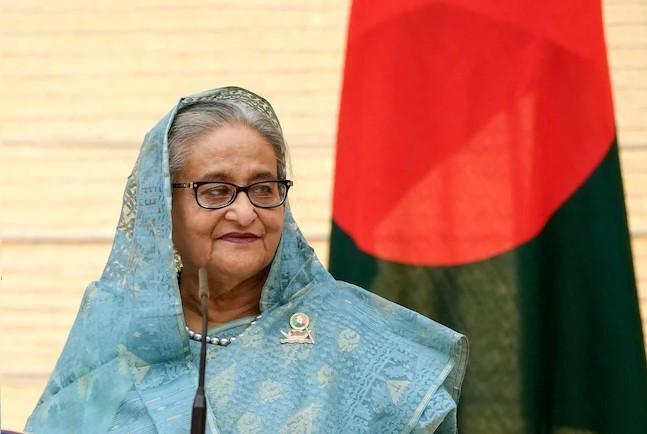
Title: Aurangzeb not a hero of India, no reason to garland him: Maha CM
In a recent controversy, the Maharashtra Chief Minister, Devendra Fadnavis, sparked a heated debate by stating that Aurangzeb, the Mughal Emperor, is not a hero of India or any section of Indian society. This statement came in response to a proposal to garland Aurangzeb’s tomb, which is a protected site under the Archaeological Department of the Central government.
Fadnavis’ statement has sparked a heated debate among historians, politicians, and the general public. While some have hailed Aurangzeb as a great administrator and military leader, others have criticized him for his brutal treatment of non-Muslims and his role in the decline of the Mughal Empire.
Aurangzeb, who ruled India from 1658 to 1707, is known for his military conquests and his establishment of a strong centralized government. However, he is also infamous for his brutal treatment of non-Muslims, including the destruction of temples and the forced conversion of Hindus to Islam. His policies led to widespread resentment and rebellion among the population, which ultimately contributed to the decline of the Mughal Empire.
Fadnavis’ statement is a reflection of the changing views on Aurangzeb’s legacy. In recent years, there has been a growing trend to reevaluate the Mughal Empire and its leaders, with some historians and scholars arguing that they were responsible for the destruction of Indian culture and society.
The controversy surrounding Aurangzeb’s tomb is not new. In the past, there have been several attempts to demolish the tomb, which is located in the Agra Fort. However, these efforts have been met with resistance from historians and conservationists, who argue that the tomb is an important part of India’s cultural heritage.
The Archaeological Department of the Central government has been responsible for the maintenance and conservation of Aurangzeb’s tomb. The department has taken several measures to preserve the tomb, including the construction of a new museum and the restoration of the monument.
Fadnavis’ statement has sparked a heated debate on social media, with some people supporting his views and others criticizing him for being insensitive to the cultural heritage of India. Some have argued that Aurangzeb was a great leader who played an important role in Indian history, while others have criticized him for his brutal treatment of non-Muslims.
The controversy surrounding Aurangzeb’s tomb is a reflection of the complex and contested nature of Indian history. While some people see Aurangzeb as a hero, others view him as a villain. The debate is likely to continue, with no clear resolution in sight.
In conclusion, Fadnavis’ statement is a reflection of the changing views on Aurangzeb’s legacy. While some people continue to view him as a hero, others see him as a brutal ruler who played a significant role in the decline of the Mughal Empire. The controversy surrounding Aurangzeb’s tomb is a reminder of the complex and contested nature of Indian history.
News Source:
https://x.com/PTI_News/status/1946279992033468452






